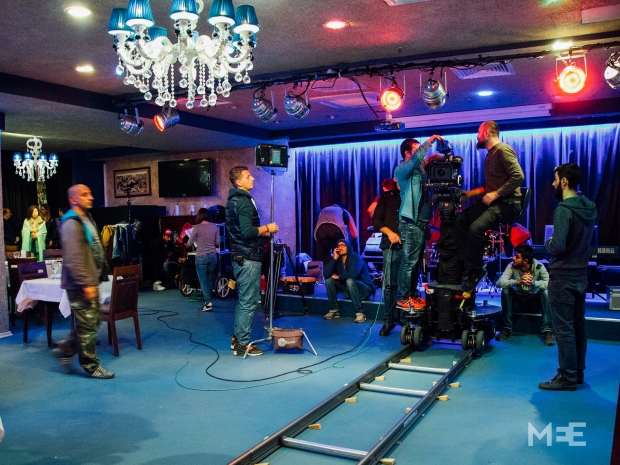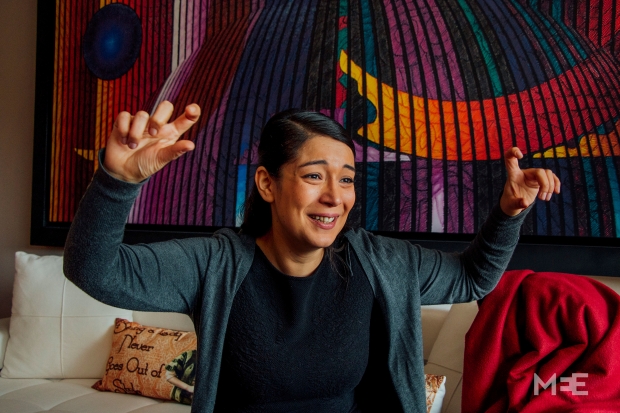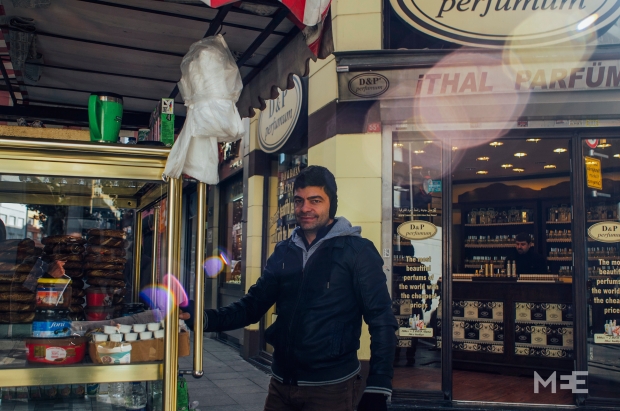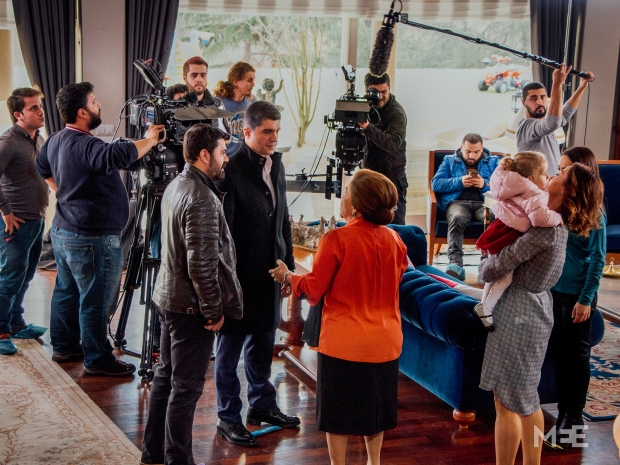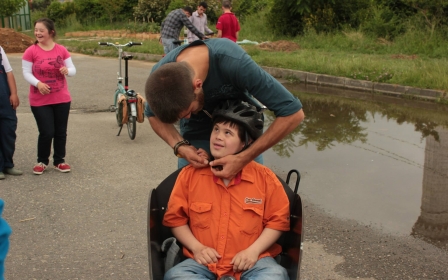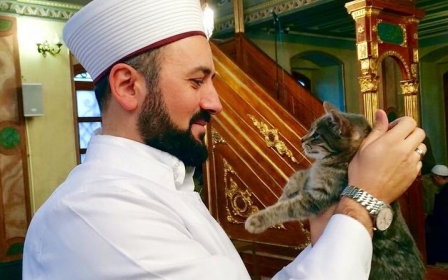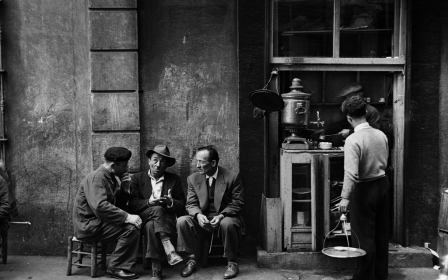Turkish dramas conquer the world
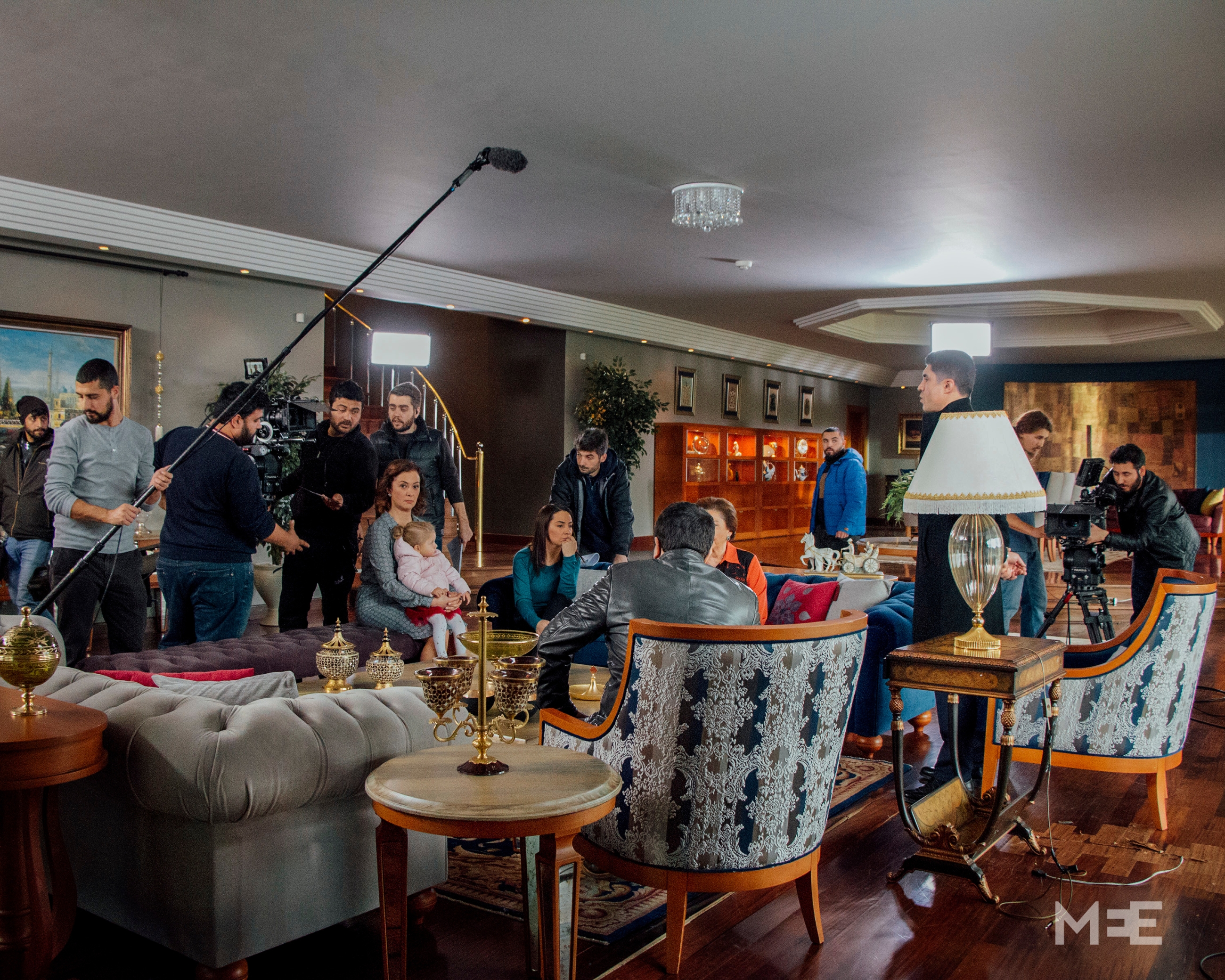
At the back of a nightclub, four men sit at a high table. With their big moustaches and dark suits, they look like small-town godfathers.
A few girls in skimpy dresses walk across the room and join them. The camera tracks back and forth. The tone of the dialogue is sarcastic. One of the women is asked: "Do you have a union for casino workers?" "A what?" "A union." A brief pause. "No." Another of the four men says: "You should. I wouldn't stand being in your powerless position." He bursts into laughter. Cut.
It is a scene from Poyraz Karayel (For My Son), a mafia story with a love subplot and one of approximately 60 TV dramas produced in Turkey every year.
According to Turkish Exporters Assembly (TIM) head Mehmet Buyukeksi, Turkey is the second-highest exporter of TV series after the United States, selling to over 75 different countries, with a business volume estimated to exceed $350 million.
Each series roughly consists of 40 episodes that last about 130 minutes, which translates into 5,200 hours of domestic TV content broadcast yearly.
With an average budget of TL600,000 ($200,000) per episode - mostly spent on production design, costumes, technical equipment and cast - the production value can be high, and is often to the detriment of labour and craft, according to many of the professionals working in the business.
Meric Demiray has inked hundreds of pages of TV content since the early 2000s, including some of the newest episodes of Arka Sokaklar (Back Streets), a long-running crime series that has been continuously on air for nine years.
"As a screenwriter, it was wonderful until about 10 years ago. Then I had to write a 60-minute episode per week, as opposed to today's 130-plus minutes. It has become a very mechanical and uninteresting process, just a question of keeping the melodrama going," says Demiray.
"Compared to cinema or theatre there's no depth expected from a performance, the emotional curve of a character is not consistent from beginning to end. A character can change any minute, according to audience reception," says Kanbolat Gorkem Arslan, who plays the godfather's right arm in Poyraz Karayel.
Cagri Vila Lostuvali, 10 years in the business and four as a director, adds: "To deliver one episode per week our crews work up to 18 hours a day. This job eats up our entire lives."
"With the increase of the episodes' duration and consequently the amount of working hours, the industry has lost its most experienced professionals who refuse to work in such conditions. Wages have not grown much either," concludes Meric.
To get a sense of proportion, it suffices to think about the process of developing a cinema script, which takes about two years and at least seven weeks to shoot 90 minutes of edited footage.
However, market figures seem to give different signals. For the past few years, local TV series have dominated programming, a trend followed by almost all of the top broadcasters who do not want to lose ground to rival networks. Assessing the leading six channels’ schedules, first runs, re-runs and recaps of domestic TV series constitute approximately 60-65 percent of prime-time broadcasting.
A true pop-culture phenomena that has not come out of the blue, these TV series are the product of a long tradition of Turkish melodrama on screens in cinemas, later adapted to the small screen.
Yesilcam Street in the centre of Istanbul was the hub of most cinema studios, actors and directors back in the 1950s-1970s. It was an industry that used to churn out around 300 movies a year. They included romantic comedies, dramas, melodramas, gangster movies and historical romances; an array of genres all sharing a specific cultural connotation and cinematic language that evolved in time but still sits at the core of contemporary TV production.
Compared to English-language TV dramas, Turkish ones are much slower, feelings and emotions are often overstated, and scenes are considerably stretched out.
A scene from the TV drama Son (The End), which showed a character crying for four minutes in Turkey, had to be cut down to 30 seconds when aired on Swedish TV.
"Although they make no effort to appeal to foreign audiences," says CEO of Turkey's leading TV production company Kerem Catay, "some of the last decade TV dramas have become hugely popular not only at home but abroad too".
The Middle East, South Asia, the Balkans and Russia rank among major importers, redefining a sort of Ottoman Empire territorial expansion through the airwaves.
More occasionally, Western European countries have bought into them as well, most often in the case of historical dramas.
While the traditionally reliable Middle East market has seen demand fall due to political instability and conflict, new markets for Turkey's popular drama output are opening up in regions such as South America, with its strong domestic soap opera culture and market.
When it comes to love and family, and betrayal and intrigue, there seems to be no geographical boundaries.
"It's harder to sell comedies abroad," says Star TV drama operations director Ali Leskay. "Humour is too culturally specific while dramas have a more universal quality to them, steadily anchored to human emotions," he adds.
Sakine, 29, works in a cosmetics shop in Osmanbey metro station in a posh Istanbul neighbourhood. She lives with her family in a conservative district of the city. "I love Paramparca (Broken Pieces). It's a drama about two babies being exchanged at birth and given to the wrong mothers who belong to very different social milieu."
"Every Monday night when it airs, my family and I sit on the couch and none of us leave until the episode is over. It's an unmissable rendezvous, one I look forward to for the entire week. I simply wish I could experience love as passionately as the characters do."
Broken Pieces, also known as Guzel in Iran, had an audience share of 18 percent on Turkish TV in its last broadcast that took place on 18 January, 2016. This was second only to Kirgin Cicekler (Hurt Flowers), another local TV drama which leads with 22 percent.
"These series tend to idealise reality and that's great," concludes Sakine.
"They're not realistic, they don't tell of our country but they make people dream," adds Olgun, a 28-year-old breadseller who migrated to Istanbul from the Black Sea region. He watches dramas mostly because the eventfulness of the love stories they portray excites him. "I used to follow Ask-i-Memnu (Forbidden Love) before moving here and starting to work so much."
The hit Ask-i Memnu broke ratings records in Turkey when it got a 59 percent share on its last broadcast in June 2010. It was also a major hit in Pakistan where the last episode was seen by more than 90 million people. This was the first time a foreign drama had such a high viewership in Pakistan.
Just as Bollywood embodies a perfect escape for a large part of the Indian population who can only dream of such luxurious and libertarian lives, so too do the Turkish TV series nurture the dreams of large pockets of conservative societies - the hard core of the audience being women aged 45 and over in Turkey and Middle Eastern countries.
Among the most common settings of these dramas are beautiful mansions populated by characters who sit at home dressed up as if they are attending a gala night.
This is certainly the case in Kaderimin Yazıldıgı Gun (The Day My Destiny Is Written) for which the main plot trigger is surrogacy - an illegal practice in Turkey.
As recently as March 2015 Turkey’s top religious body - the Diyanet - ruled that "surrogate motherhood is religiously unacceptable as it contains elements of adultery," referring to all cases of in vitro fertilisation where the ovum, the sperm or the womb do not belong to a husband and a wife but to a third party.
Star TV drama operations director Ali Leskay clarifies: "In the very first episode of the series we showed the characters going to Cyprus to get the process going. This way we had no judicial issues or censorship problems, but were able to deal with a forbidden and therefore captivating topic."
Bennur Duyucu plays the family maid in the series: "This is my first role in a TV drama and I was very lucky to start with such a popular one. Now people stop me on the streets.
"One time my own grandmother called my mother to ask if she knew I was about to be fired. Of course she meant as the maid!"
In the meantime on set, the relentless pace of production continues, despite the fact that the next shot is a static close-up of superstar Ozcan Deniz. "We have already prepared the set-up for the entire afternoon," concludes assistant director Seliha. "After this break we can't afford to stop until the end of the day."
New MEE newsletter: Jerusalem Dispatch
Sign up to get the latest insights and analysis on Israel-Palestine, alongside Turkey Unpacked and other MEE newsletters
Middle East Eye delivers independent and unrivalled coverage and analysis of the Middle East, North Africa and beyond. To learn more about republishing this content and the associated fees, please fill out this form. More about MEE can be found here.


